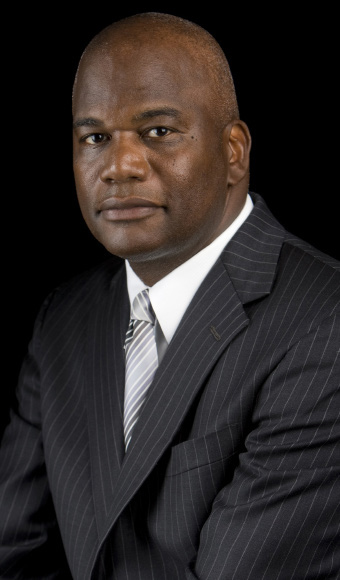
Religion
What is to be learned from the church of Ephesus?

By Ronald W. Holmes, Ph.D.
Special to Capital Outlook
Jesus is known to speak to individuals and groups during different seasons, times and places. For this text, Jesus is speaking to the seven churches in Asia (Revelation 1:11). In Wednesday night Bible Study at First Timothy Baptist Church on Dec. 6, the critical questions were: What is the promise from Jesus to the overcomers of the seven churches? What is to be learned from the church of Ephesus?
Utilizing the book, Beyond the Sunday Sermon, Dr. Ronald Holmes’ message was on Remember, Repent, Return, and Respect. With an emphasis on the church of Ephesus, the lesson focused on the words of (1) commendation, (2) condemnation and (3) correction. Jesus’ message to the seven churches had one thing in common which is that each concluded with a promise from him to the overcomers in these churches. In Revelation 2: 7, Jesus says to the seven churches, which can be applied to the churches of today, “He that hath an ear, let him hear what the spirit saith unto the churches. To him that overcometh will I give to eat of the tree of life, which is in the midst of the paradise of God.”
In Revelation 2: 2-3, Jesus commended the church of Ephesus for its good works, labour, patience, tolerance and endurance. Even today, the Lord commends each church for its good works, labour, patience, tolerance, endurance and participation in ministries to support the needs of the church and community. This is the reason Jesus says in Matthew 5:16, “let your light so shine before men, that they may see your good works, and glorify your Father which is in heaven.”
In Revelation 2:4, Jesus condemned the church of Ephesus for abandoning its first love. The church had love at the beginning but drifted spiritually from God. The church labored but it was not out of love for God and others. The church did not give, worship, serve, pray like it used to do. The church was open but was just going through the motion. Apostle Paul explained it this way in 1 Corinthians 13:3, “And though I bestow all my goods to feed the poor, and though I give my body to be burned, and have not charity, it profiteth me nothing.” Thus, the church of Ephesus seemed to have everything but left its first love; and did not love Jesus more than material things.
Jesus requires correction when he calls us to “remember therefore from whence thou art fallen, and repent, and do the first works; or else I will come unto thee quickly, and will remove thy candlestick out of his place, except thou repent,” as recorded in Revelation 2: 5. In other words, remember when you stopped coming to church faithfully, giving, witnessing, praising and singing for the Lord. Holmes said Jesus wants us to have a house of worship where people say, “I was glad when they said unto me, let us go into the house of the Lord” (Psalm 122: 1); where people are being saved, praising the Lord, and providing ministries for the last, least and lost. “For the Son of man comes to save that which is lost” (Matthew 18:11).
In short, this lesson focused on the words of commendation, condemnation and correction. Jesus commends the church for its good works, condemns the church for abandoning its first love and calls for the church to repent and do the first works or lose its candlestick.
This was the final bible study at First Timothy for 2023. We wish you a joyful and wonderful Merry Christmas and Happy New Year. As a gift, consider the book, “Beyond the Sunday Sermon.” The book can be purchased online from Amazon.com.
Ronald Holmes, Ph.D. is the author of 26 books and publisher of “The Holmes Education Post,” an education focused Internet newspaper. His books for children cover topics such as the coronavirus, solar system, flowers, careers and school bullying. His books for adults focus on religion, hazing, workplace bullying, bipolar disorders, issues in education and completing the dissertation.







